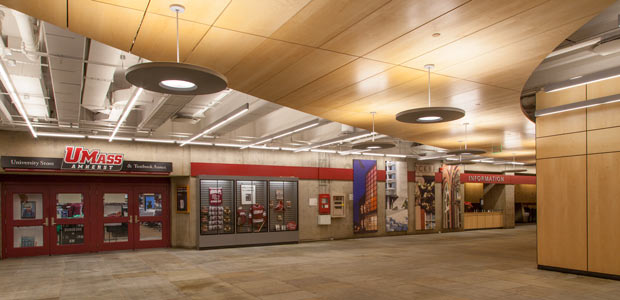With his focus on “energy justice,” the new state Energy Environmental Affairs secretary, Matthew Beaton’s main objective is reducing energy bills with a plan for installing solar power on city apartment buildings.
At a roundtable meeting, Beaton said, “We need to look at the fiscal realities. A lot of folks are being really pinched right now by the cost of electricity, and we need to look at identifying any and every opportunity to address that price element, but at the same time make sure we’re staying on our path to a cleaner and greener energy source along the way.”
In response to Gov. Baker’s identification of a midyear budget gap of $765 million, Beaton noted that his budget team is working toward reducing that deficit as environmentalists applauded his team’s efforts “to restore environmental programs to 1 percent of the state budget through his [Baker’s] term.”
Beaton describes himself as both an avid fly fisherman and a rower. As a man who has hiked Mount Greylock and “read ‘Walden‘ on the shores of Walden” Pond, he hopes to build on the urban parks program. Save the Harbor/Save the Bay’s Bruce Berman praised Beaton’s approach toward the advocates, saying Beaton set “a really great tone.”
In response to several environmental advocates recommending that the state adopt efforts to adapt to the issue of climate change as well as efficient green energy, Beaton stated that he and Baker understand that “climate change preparedness” needs to be implemented in “coastal and inland areas.”
Although Baker stated that he would not raise fees or taxes, he did not restrict new fees recently implemented by the Patrick administration that raised the cost of visiting a state beach or park.
Elizabeth Saunders, the State Director of Clean Water Action Massachusetts, said that the fees associated with the state’s toxic chemical program would be worth “looking at” as they have remained unchanged since 1991, even though the law requires the fees for the program to “be kept in line with inflation.”





